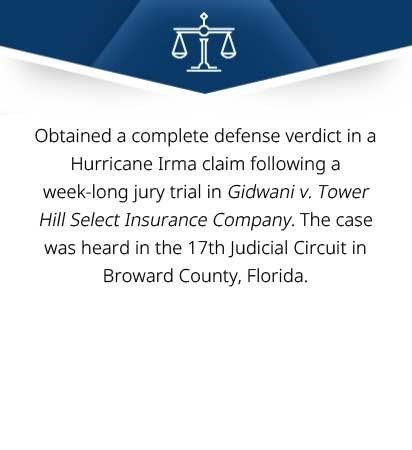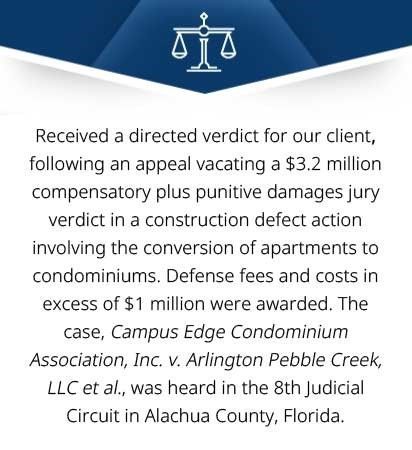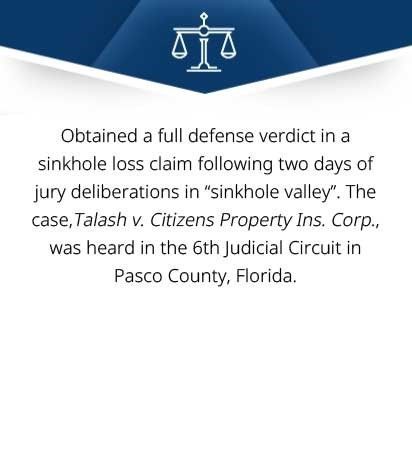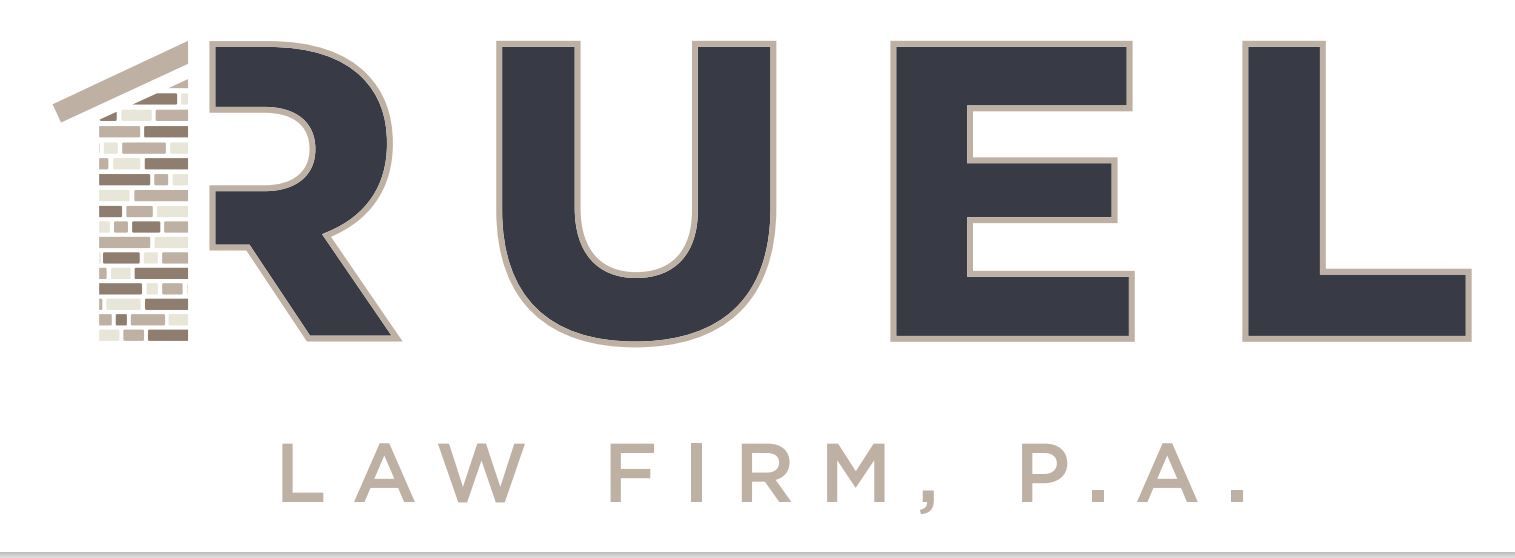
Lakeland Warranty Claims Lawyer
If your home or business suffers from a construction defect, you could have a claim for damages against the responsible contractor that allows you to get the defect fixed along with money damages for any harm you suffered because of the defect. Depending on the situation, there may be several different ways to proceed against the builder based on different legal theories, such as negligence, breach of contract, misrepresentation or fraud, or strict liability in some circumstances. Another option available in many cases is a breach of warranty claim. Construction contracts can contain any number of express and implied warranties, and violation of a warranty gives rise to a claim for damages. With over a decade of experience handling construction defect claims, the Ruel Law Firm is well-equipped to look at your contract and the circumstances surrounding your construction defect to determine whether you have one or more valid warranty claims to pursue against the builder. Contact our experienced Lakeland warranty claims lawyer today.
Express and Implied Warranties in Home Construction
When considering warranty claims for defective construction, the first place to turn is often the contract between the homeowner and the general contractor. This contract might contain one or more warranties written into the contract. Such express warranties might be general (a promise to use good workmanship and materials) or specific to meet a particular purpose or function desired by the homeowner. Express warranties can also be based on oral promises from the builder, although it can be harder to prove the existence of an express warranty if it is unwritten and the contractor denies its existence or disputes its terms.
Even if the contract doesn’t contain any express warranties, one or more warranties might be implied in the contract under Florida law. Implied warranties must be respected by the builder even if they did not expressly agree to them, and homeowners often have a legal remedy for a construction defect that breaches an implied warranty.
A few of the most common implied warranties that are found in construction contracts include:
- An Implied Warranty of Habitability. When building a home or other space where people will live or work, it is implied that the place will be livable. Common construction defects that render a space uninhabitable include so-called MEP defects to the plumbing, electrical systems, or mechanical systems related to heating, air conditioning and ventilation. A defective roof is another type of defect that could also render a space uninhabitable.
- Workmanship and Materials. Both the quality of work performed and the quality of materials used should meet the ordinary standard of quality expected in the industry. If the building is to be used for a particular purpose, a builder could breach an implied warranty of fitness for a particular purpose, assuming the contractor was made aware of the special use or purpose of the project, the building owner relied on the contractor’s expertise to meet that purpose, and the contractor failed to construct the building to meet that purpose.
- Failure to Follow Plans. Construction work is typically performed per project plans and specifications. These plans might be part of the contract or referred to in the contract, or a government agency might require that plans be drawn up and filed with the agency, such as the county or city building department. Failure to follow plans as required can give rise to a construction defect claim based on breach of an implied warranty.
An experienced construction defect lawyer at the Ruel Law Firm can help you determine what express or implied warranties might apply to your case and pursue all available remedies appropriately. For homeowners, in particular, construction contracts are typically drawn up by the builder and not the homeowner, and they therefore tend to be more favorable to the builder, or at least they try to be. These contracts might contain language attempting to disclaim the existence or applicability of any express or implied warranties. Our warranty claims attorney will look closely at such language and determine whether such disclaimers should be enforced. For example, is the disclaimer general in nature, or does it specifically disclaim the implied warranty at issue? Is the disclaimer conspicuous (bold, uppercase, set apart in its own paragraph, etc.) or hidden among the boilerplate? We’ll fight for your rights to be treated fairly and get the benefit of any warranties that apply to your construction defect claim.
Contact the Ruel Law Firm Today
Warranty claims can be an important path to getting your construction defect repaired and obtaining compensation for damages. Even if the contractor responsible has gone out of business, the builder’s warranty might have been purchased from an outside insurer so even if the builder is gone, the warranty is still in effect. Other construction defects not covered under the builder’s warranty, such as leaking appliances, might be covered under a manufacturer’s warranty instead. Your timeline to pursue a warranty claim is limited, however, so it is important to act fast. The Ruel Law Firm can help you resolve your warranty claim efficiently and effectively, whether through negotiation, mediation, arbitration or litigation. Contact our experienced Lakeland construction defect lawyer today.


Recent Results

Slide title
Write your caption hereButton
Slide title
Write your caption hereButton
Slide title
Write your caption hereButton
Slide title
Write your caption hereButton
Slide title
Write your caption hereButton

